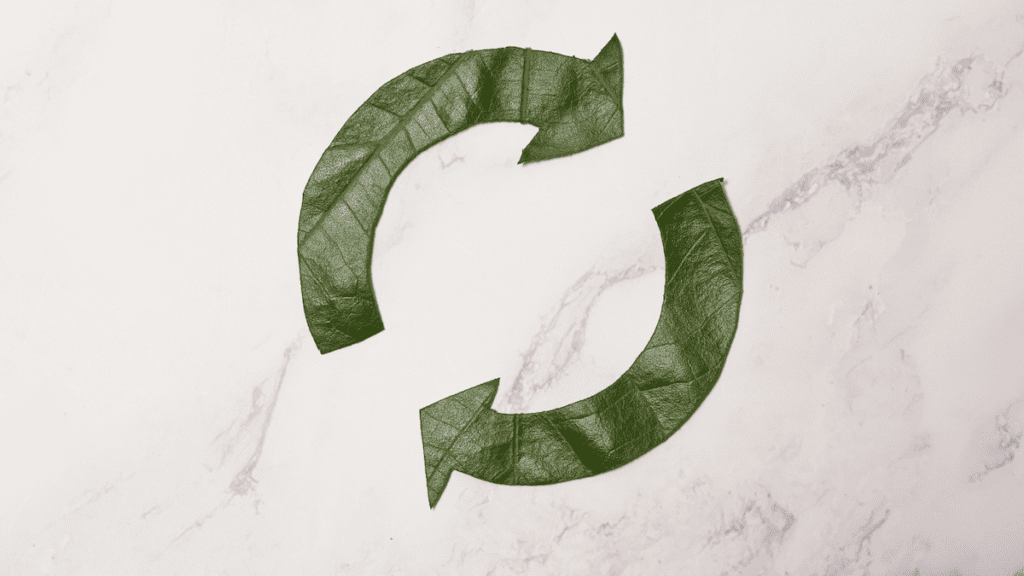The world is grappling with pressing environmental challenges, such as climate change, pollution, and resource depletion. These issues have far-reaching impacts on the economy and will only worsen without proactive measures.
A sustainable economy is the key to meeting present needs without compromising the ability of future generations to meet their own. It relies on renewable resources, minimizes waste, and prioritizes environmental protection.
Embracing a sustainable economy benefits not only the environment but also the economy itself. It drives job creation, fosters innovation, and enhances the overall quality of life.
The International Labour Organization (ILO) predicts that by 2030, implementing the right policies to foster a greener economy could generate a staggering 24 million new jobs worldwide.
The ILO’s recent report, the World Employment and Social Outlook, highlights the potential for job creation through the adoption of sustainable practices in the energy sector, the widespread use of electric vehicles, and the enhancement of energy efficiency in both current and upcoming constructions.
The Advantages of a Sustainable Economy
A sustainable economy offers numerous advantages, including:
- Environmental Protection: By reducing pollution, conserving resources, and promoting renewable energy, a sustainable economy safeguards the environment.
- Economic Growth: Investing in new technologies and industries within a sustainable economy stimulates job growth and propels economic development.
- Social Equity: A sustainable economy reduces poverty and inequality by ensuring universal access to clean water, food, and energy.
- Improved Quality of Life: By providing a healthier environment, cleaner air, and more green spaces, this enhances the overall well-being of individuals and communities.
The Challenges of Transitioning to a Sustainable Economy
Transitioning to a sustainable economy does come with its challenges, such as:
- Cost: Adapting sustainable practices may involve initial expenses, which can be perceived as a barrier.
- Resistance to Change: Some individuals may resist change, especially if they are accustomed to traditional methods.
- Lack of Political Will: Implementation of sustainable policies often faces a lack of political support and commitment.
Steps to Achieve a Sustainable Economy
To achieve a sustainable economy, we must take several crucial steps, including:
- Investing in Renewable Energy: By reducing reliance on fossil fuels and embracing renewable energy sources, we protect the environment and promote sustainability.
- Conserving Resources: Finding ways to use resources more efficiently and minimizing waste is vital.
- Promoting Sustainable Agriculture: Ensuring a healthy food supply and preserving natural resources are paramount in regenerative agricultural practices.
- Supporting Sustainable Businesses: Encouraging businesses to adopt sustainable practices drives economic growth and environmental stewardship.
- Changing Our Lifestyles: Each individual plays a part by making conscious choices and embracing sustainable habits to reduce personal environmental impact.
The Future of a Sustainable Economy

The future of a sustainable economy is promising. There is a growing awareness of the need for sustainability, and businesses and governments are increasingly taking action.
What You Can Do to Contribute
Here are essential actions you can take:
- Reduce Your Carbon Footprint: Make lifestyle changes that minimize energy and resource consumption, thus reducing your carbon footprint.
- Support Sustainable Businesses: Choose to support businesses that prioritize sustainability when making purchasing decisions.
- Engage in Community Initiatives: Get involved in local sustainability initiatives and actively contribute to promoting a sustainable lifestyle.
- Educate Yourself: Expand your knowledge about sustainability and learn how your individual actions can make a positive difference.
The future of a sustainable economy rests in the hands of each one of us. Through collective action, we can build a better future for ourselves and generations to come.








